The Digital Platform Inquiry – regulatory creep personified!
DGA’s sister association, ADMA, has taken a deep dive into the content of the report in its article.
In brief, the inquiry was launched with terms of reference that focused on the impact of digital platforms on competition and market powers, particularly in relation to the “supply of news and journalistic content, and the implications of this for media content creators, advertisers and consumers”.
Further below is our summary of the preliminary report, however, here is our take:
It would seem that the ACCC’s inquiry and the research commissioned have opened a Pandora’s box.
To some extent, this is understandable, however, we would be well-served to remind ourselves from time to time that over a decade ago “red tape reduction” was a key regulatory goal. The Productivity Commission’s report “Rethinking Regulation – Report of the Taskforce on Reducing Regulatory Burdens on Business” in January 2006 clearly recognised the concept of “regulatory creep” and included it as a priority area for reform.
Of course, the burden on business must always be balanced with need to safeguard consumers, however, at first blush it would seem that the Digital Platforms Inquiry might have gone too far. It is still early days, as further consultation and investigation are needed but we will be watching with interest and reminding the government that self-regulation and co-regulation also play an important role in the regulatory landscape.
In 1998, Neil Gunningham and Darren Sinclair floated the concept of “smart regulation” in their book of the same name. In Regulatory Theory: Foundations and Applications, edited by Peter Drahos and published in Australian National University Press (2017 edition), Gunningham and Sinclair’s article on Smart Regulation (at page 133) explains that the term “refers to a form of regulatory pluralism that embraces flexible, imaginative and innovative forms of social control”. They posit that the inclusion of third parties as regulatory surrogates is more effective and efficient than traditional regulation. They back up this claim with references to empirical research and note “crucially, informal mechanisms of social control often prove more important than formal ones”.
The conversation about the ACCC’s preliminary report needs to include consideration of concepts such as smart regulation and basic precepts of regulatory theory and design if we want the outcome to be more utopian that dystopian. DGA intends to be part of that conversation!
It is widely agreed that the preliminary report went far beyond what was expected, touching on a broad range of issues and resulting in 11 preliminary recommendations relating to the following:
- Preliminary Recommendation 1—merger law
- Preliminary Recommendation 2—prior notice of acquisitions
- Preliminary Recommendation 3—choice of browser and search engine
- Preliminary Recommendation 4—advertising and related business oversight
- Preliminary Recommendation 5—news and digital platform regulatory oversight
- Preliminary Recommendation 6—review of media regulatory frameworks
- Preliminary Recommendation 7—take-down standard
- Preliminary Recommendation 8—use and collection of personal information
- Preliminary Recommendation 9—OAIC Code of Practice for digital platforms
- Preliminary Recommendation 10—serious invasions of privacy
- Preliminary Recommendation 11—unfair contract terms
The summaries for all ACCC preliminary recommendations are on pages 9 – 14 of the report.
In addition, the ACCC has identified 9 areas where further analysis and assessment is required. The ACCC is particularly interested in views and analysis on the following issues:
- Supporting choice and quality of news and journalism
- Improve news literacy online
- Improving the ability of news media businesses to fund the production of news and journalism
- A digital platforms ombudsman
- Monitoring of intermediary pricing
- Third party measurement of advertisements served on digital platforms
- Deletion of user data
- Opt-in targeted advertising
- Prohibition against unfair practices
Summaries of the specific matters for further analysis and assessment are on pages 14– 17 of the report.
Finally, the ACCC indicated that there are five ongoing investigations under the Competition and Consumer Act 2010 (Cth) (the CCA). Further details regarding the preliminary recommendations, areas for further analysis and assessment, the ongoing investigations and stakeholder consultation, can be found in the ADMA article.
Copyright
Material from ACCC website, including media releases, issues paper and preliminary report reproduced under Creative Commons CC BY 3.0 AU licence (c) Commonwealth of Australia.
DGA provides regulatory guidance to Members, subscribers and participants. The information provided is general in nature only; it is not comprehensive and does not constitute legal advice. You should obtain legal or other professional advice before acting or relying on this information.
